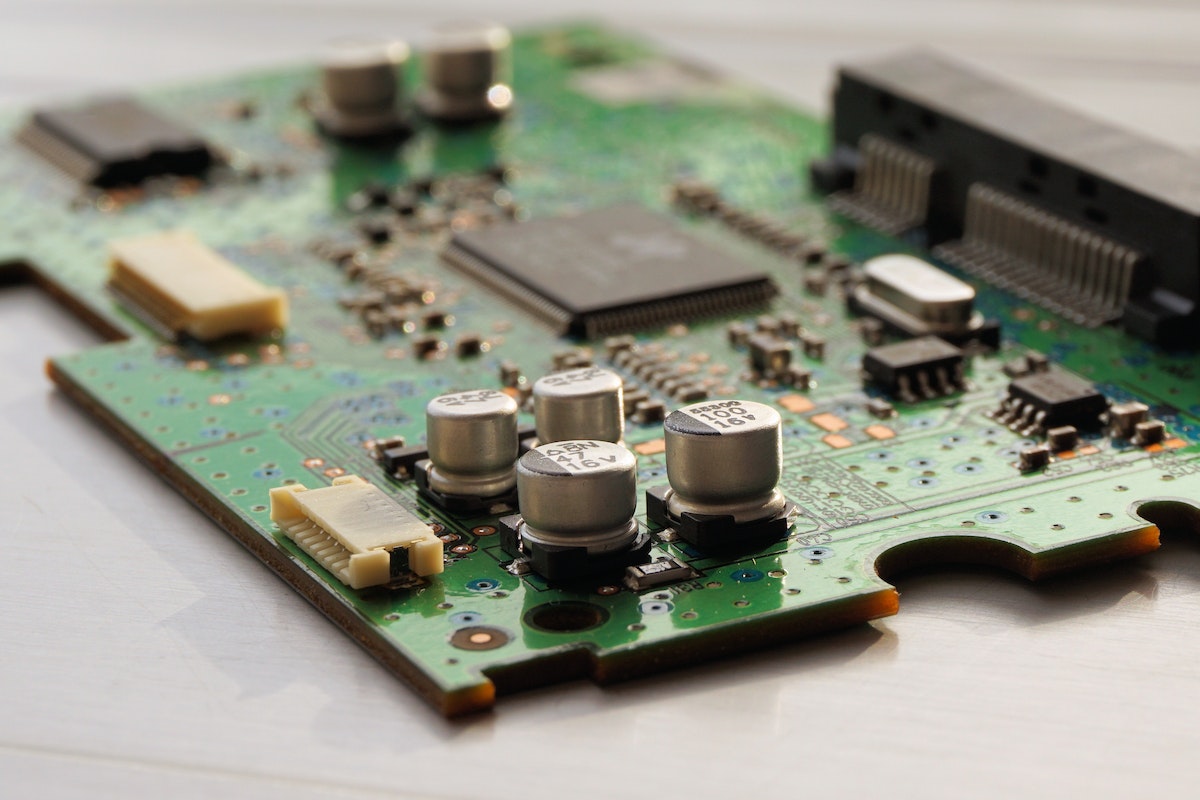The worldwide microchip shortage has been impacting manufacturers across industries since 2021. Industry experts and thought leaders have warned tech and automobile companies to batten their hatches since the shortage could continue on into 2023.

Several big names have experienced the semi-conductor shortage. Apple, for example, had to cut down production of the iPhone 13 by 10% last year because their suppliers couldn’t acquire enough chips for the units. This caused Apple’s share prices to drop by around 8% even though the microchip shortage cannot be attributed to them or any other individual corporation.
Speaking of corporations, the global shortage has also impacted Samsung’s production. Samsung is the world’s largest smartphone manufacturer in that they also supply components to other companies, such as Apple. The Korean giant’s stance has been to possibly raise component prices by about 20% to absorb increased raw material costs. This would have a worldwide effect, as other tech and automobile manufacturers would have to tag higher prices for products to cover these microchip costs.
Before we dive deeper into how the chip shortage will impact iPhone and Samsung prices in specific, let’s take a look at where this supply and demand discrepancy came from.
Reasons Why We’re Experiencing a Global Microchip Shortage
The shortage began in 2020 when the world went into lockdown. People had to stay at home round the clock and turned to electronics for entertainment and stress relief. This unprecedented increase in demand made companies struggle to get products out fast enough, resulting in additional pressure on manufacturers. The factories responsible for making semi-conductors couldn’t keep up.
It’s important to note that this backlog could have been avoided if factories had access to the same amount of labor and raw materials. A global lockdown also meant that shipping ports were closed and cargo waiting to be transported for months. The supply chain industry took a massive hit, meaning factories just couldn’t make the microchips even if they wanted to.
The automobile industry is another reason for the global shortage. Automakers canceled their orders for microchips when the world went into lockdown, anticipating a declining need for cars. However, the demand for new cars didn’t drop and car manufacturers found themselves amidst a microchip shortage, as they panic-bought components from their usual suppliers.
Experts believe the shortage will continue well into 2023 and tech companies should be on the lookout for new strategies to help them circumvent any crises.

How Will Samsung Prices Be Affected?
We have mentioned that Samsung will raise their components price by nearly 20% to combat rising material and manufacturing costs. The question remains: how will this price hike affect the everyday Samsung consumer?
Samsung is a tech giant that could ideally absorb rising costs if necessary. It would be unfair to label them as purely numbers-focused, as the company tried its best to keep the cost low for the components they supply. However, external circumstances like the war in Ukraine, increasing lockdowns in China, and the global supply chain disruption have forced them to increase prices. They considered the price hike after two major semi-conductor manufacturers, Taiwan Semiconductor Manufacturing Co. (TSMC) and United Microelectronics Corp., also showed signs to do the same.
So, how does a component price hike affect everyday consumers? Firstly, expect to pay more for your favorite products in the short term. This applies especially to Samsung’s flagship phones, which will release on time despite the global chip shortage. This is because Samsung has a brand image to maintain and they will pay top dollar to do it. However, consumers will also have to do the same to afford one of those flagships for now.
Even if you discount Samsung’s own products, the second effect you will feel is an overall increase in gadget prices. So, expect your favorite tech products to experience some sort of price hike in the coming months. Samsung is the world’s fourth largest microchip manufacturer, meaning that an increase in its prices affects the entire global market.

How Will iPhone Prices be Affected?
Apple has been facing its own share of problems from the global chip shortage. This has been most noticeable in the iPad manufacturing chain, where the company struggled to get enough devices out due to the worldwide semi-conductor shortage.
The shortage might primarily impact Apple’s profit margins, as its star products bear the brunt of the manufacturing crisis. According to Counterpoint Research, the net profit margin for most smartphone manufacturers is approximately 5-10%. Apple enjoys a higher range, but might still be in trouble, as some experts say that Apple will have to raise prices to balance their costs even before they make a profit in 2022. However, Apple reported a 20% increase in profit last year, awarding them increased market value despite the global chip shortage.
Despite Apple’s business strategy might be impacted but they do have a trump card. The company likes to keep a diverse set of suppliers, making them less vulnerable to a single manufacturer. Moreover, due to their deep pockets, they have been able to favorably negotiate with suppliers.
What Happens Next?
Industry experts have varying forecasts for the global chip shortage. With China and some parts of Europe still experiencing frequent lockdowns, it’s hard to say whether the supply chain for microchips will right itself.
Some companies are trying to fight the issue head-on by setting up domestic production plants in the U.S. and weaning themselves off of foreign manufacturers. There is still more demand than supply in the market and industry leaders like Cristiano Amon, CEO of Qualcomm, have predicted that the shortage will be here until 2024 for some companies.
There is no denying that the global shortage is here to stay until at least 2023. This means that you should be prepared to pay more for your favorite electronics for the time being.